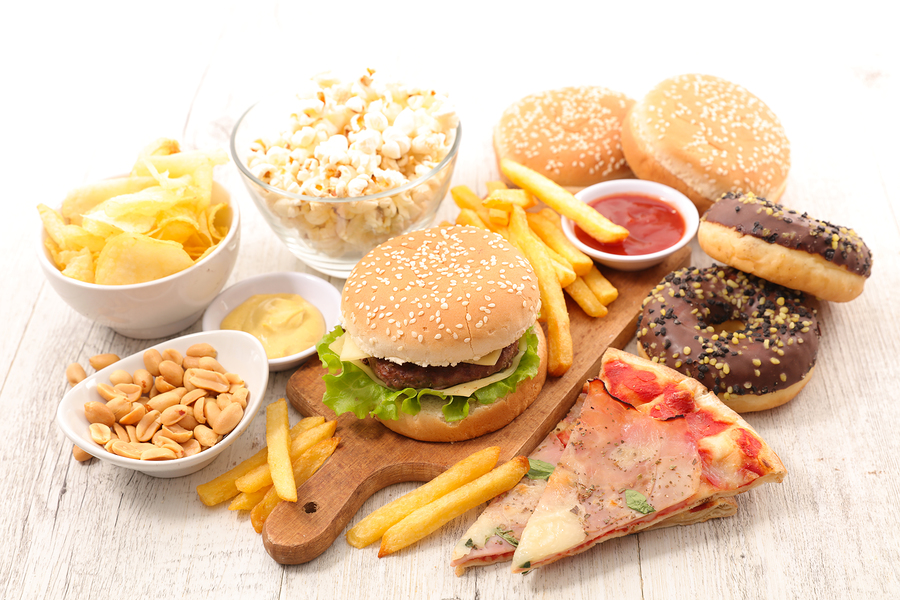Shop At Haya: Your Ultimate Shopping Guide
Discover the best shopping tips, trends, and deals for a smarter buying experience.
Carb Loading: The Delicious Secret to Endless Energy
Unlock the secret to vibrant energy! Discover how carb loading can fuel your performance and tantalize your taste buds. Dive in now!
Top 5 Carb-Loading Foods to Fuel Your Workouts
When it comes to fueling your workouts, carb-loading is essential for athletes and fitness enthusiasts alike. The right carbohydrates can boost your energy levels and enhance your performance during intense training sessions. Here are the top 5 carb-loading foods that you should consider incorporating into your diet:
- Brown Rice: This whole grain is packed with complex carbohydrates and provides sustained energy, making it an excellent pre-workout meal choice.
- Sweet Potatoes: A nutrient-dense option, sweet potatoes are loaded with vitamins and minerals, providing both energy and a boost to your immune system.
- Pasta: A classic carb-loading staple, pasta gives you a quick source of energy, perfect for those who need to build glycogen stores before a big event.
- Oats: Rich in fiber, oats are ideal for a hearty breakfast, helping to keep you fueled throughout the day.
- Bread: Whole grain bread can be used for sandwiches and toast, offering a versatile option to easily include carbs in your meal plan.

The Science Behind Carb Loading: Why It Works
Carbohydrate loading, commonly known as 'carb loading,' is a strategy used by athletes to maximize the storage of glycogen in muscles and the liver before an endurance event. This process involves increasing carbohydrate intake while simultaneously tapering down physical activity in the days leading up to a competition. The science behind this method lies in the body’s ability to store carbohydrates as glycogen, which serves as a critical energy source during prolonged exercise. By consuming a higher percentage of carbohydrates, athletes effectively supercharge their glycogen reserves, allowing for better performance and increased stamina.
Research suggests that a well-planned carb loading regimen can significantly enhance endurance and delay fatigue. As glycogen stores are depleted during intense exercise, having a larger reserve allows athletes to maintain optimal performance levels longer. The general recommendation is to increase carbohydrate intake to about 70% of total caloric intake for several days prior to an event, combined with reduced training intensity. This combination not only ensures adequate glycogen saturation in the muscles but also enhances overall performance, making it an essential component for those tackling marathon running, triathlons, or other endurance sports.
How to Effectively Carb Load Before a Big Event
Carbohydrate loading, or carb loading, is a strategy used by endurance athletes to maximize glycogen stores before a big event. To effectively carb load, start by tapering your training about a week before the event. This allows your muscles to recover and absorb more glycogen. In the days leading up to the event, increase your carbohydrate intake gradually. Focus on consuming complex carbohydrates such as whole grains, fruits, and vegetables, while limiting fibrous foods to prevent gastrointestinal discomfort on event day.
During the **last 48 hours**, aim to consume about 70% of your daily calories from carbohydrates. Good options include pasta, rice, and bread. Additionally, incorporate snacks like granola bars or energy gels. It's essential to stay hydrated, so drink plenty of water and electrolyte drinks, which also help with glycogen storage. On the day of the event, have a light breakfast that includes carbohydrates, like oatmeal or a banana, at least 3 hours before starting to give your body enough time to digest and absorb energy.